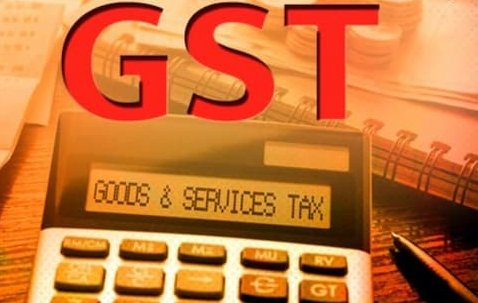If you consider paranthas and roti to be the same and are in favor of paying the same tax on it, then you are wrong. The Tax Appellate Authority of Gujarat has said in its judgment that paratha takes longer time to cook and the products used in it are also different from plain roti. Therefore, GST will be charged on paranthas at the rate of 18 percent.
New Delhi. More than five years have passed since the new tax regime Goods and Services Tax (GST) was implemented in the country, but many controversies related to it are still waiting for the final decision. In one such dispute, the final decision came after about 20 months, in which it has been decided to impose 5 percent GST on roti and 18 percent on paratha.
In fact, the Gujarat Appellate Authority for Advance Ruling has given this decision after 20 months on a dispute of Vadilal Industries Limited. The authority said, there is a huge difference between the products used in frozen parathas and roti, so the rates of GST should be different on this. Earlier, Vadilal Industries had also demanded 18 per cent GST on parathas with the same claim. Maharashtra’s Authority of Advance Ruling had also said in a decision in the year 2018 that roti or chapati is known by different names in the country, but due to the change of its name, GST cannot be levied on it at different rates.
Why more GST imposed on parathas
During the controversy, traders had argued that the main product used in roti and paratha is flour, but after a 20-month long battle, the decision went in favor of the manufacturing company Vadilal. The Gujarat Appellate Authority for Advance Ruling, in its decision, said that there is a clear difference between roti and frozen paratha.
This decision upholds the decision of the Gujarat Authority for Advance Ruling, which had said in June 2021 that it takes 3-4 minutes to cook a packaged paratha, till it turns golden brown on both the sides. Apart from this, the quantity of flour in paratha is between 36 to 62 percent, which is completely different from roti.
What is the company’s argument
Ahmedabad-based company Vadilal Industries had appealed in the AAR and said that it supplies eight types of parathas, which include Malabar, Mixed Vegetable, Onion, Fenugreek, Aloo, Lachha, Radish and Plain Paratha. Therefore, it cannot be kept in the category of plain chapati or roti and the rate of GST should also be different on it. This dispute between the company and the businessmen is now over.
Decision on other products yet to come
Actually, the controversy of roti and packaged paratha is not the only one that creates confusion regarding GST. Apart from this, there is a dispute between the tax authority and the producers regarding GST on many other products. This includes Marico’s Parachute Oil, which is not agreed upon whether it is a hair oil or just coconut oil. National KitKat – is biscuit or chocolate and Dabur Lal Dant Manjan – is tooth powder or medicinal drug. The right decision to impose GST can be taken only after its classification.


